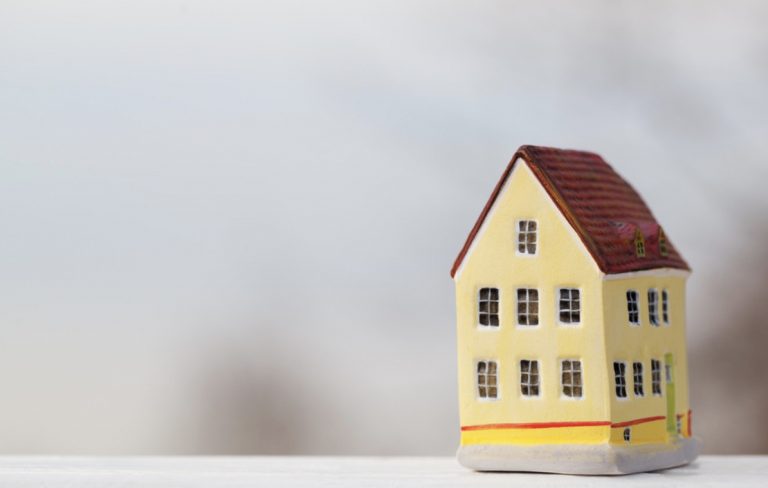Keeping a home in good shape requires consistent attention, yet many homeowners overlook routine maintenance, focusing instead on quick fixes whenever problems arise. While this reactive approach might seem cost-effective at first, it often leads to pricey repairs and even early system failures down the road. Routine home maintenance is more than just ticking boxes on a to-do list—it’s a strategic way to protect and increase the value of one of your biggest investments. By inspecting and maintaining critical home components on a regular schedule, you can catch small issues before they become major (and expensive) headaches. This systematic approach also promotes energy efficiency, ensures the comfort of your living space, and ultimately saves you money over the long haul.
Lower Energy Bills and Increased Efficiency
Routine home maintenance plays an essential role in keeping your utilities in check. Regularly cleaning or replacing air filters in heating and cooling systems, sealing air leaks around windows and doors, and ensuring proper insulation all contribute to lower energy bills. When systems are left to run inefficiently—clogged filters, gaps in windowsills, or poorly maintained ducts—heating and cooling units work harder to maintain temperature, leading to higher energy consumption. By proactively resolving these issues, you’ll experience fewer spikes in your monthly bills. Moreover, a well-maintained home tends to have a longer lifespan for its appliances and systems, enabling you to postpone expensive replacements.
The Importance of HVAC Maintenance
Your HVAC system is arguably the heart of your home’s climate control and comfort. According to This Old House, consumers spend more than $10 billion each year on HVAC repair and maintenance services. While this statistic might be staggering, the costs are often higher when preventative care is neglected. One simple but powerful step is to change your air filter every 3-6 months. A dirty filter restricts airflow, forcing your system to work harder, which can contribute to parts wearing out faster.
Routine tune-ups and cleanings also ensure your system runs efficiently year-round. That efficiency translates into reduced energy bills and helps avoid unexpected breakdowns in the midst of a heat wave or a cold snap. Most importantly, regular care can extend the life of your HVAC system. This Old House notes that most units can last up to 20 years with proper maintenance—a significant return on investment when you compare the cost of routine checkups to that of a full system replacement.
Preventing Plumbing Disasters
Plumbing issues can escalate rapidly if left unchecked. A small leak under the sink or an unnoticed clog in the drain can morph into a major pipe burst or sewer backup when ignored. By scheduling periodic checks of your home’s plumbing—inspecting for leaks, clearing slow drains, and ensuring fixtures are in good condition—you’ll prevent minor annoyances from becoming costly emergencies. Replacing worn-out washers and seals, regularly inspecting water heaters, and flushing out sediment can also help improve efficiency and longevity, reducing both your water and energy bills. Ultimately, a little proactive plumbing maintenance can save you from expensive bills and extensive damage to your property.
Roof and Gutter Care
Your home’s roof and gutter system form a protective shield against the elements. Keeping them in good shape is crucial for preventing costly damage. Regular roof inspections—looking for missing shingles, soft spots, or signs of moss and mold—can help you address minor issues before they become serious leaks. Gutters, meanwhile, should be cleared of leaves and debris at least twice a year to ensure proper drainage. Clogged gutters can lead to water pooling, which can damage your roof, siding, and even the foundation. By investing in routine roof and gutter care, you can avoid large-scale repairs and extend the life of these essential structural elements.
Sealing Windows and Doors
Drafty windows and doors are responsible for significant energy loss. Over time, the seals around these openings can degrade due to normal wear and tear or weather-related damage. Checking and re-caulking these areas is a relatively quick and inexpensive task that can substantially improve your home’s insulation. Better insulation means less strain on your HVAC system, which, in turn, reduces your energy bills. Additionally, proper sealing can help prevent moisture from entering, discouraging mold growth and safeguarding indoor air quality.
Routine home maintenance is a smart financial strategy that ensures your systems and structures stay in top working order. From regularly changing your HVAC filters to fixing minor leaks and maintaining your roof, these seemingly small tasks collectively shield you from surprise expenses. Spending a little time and money now can prevent hefty bills and inconvenient breakdowns later on. Ultimately, treating your home like the valuable asset it is, with consistent and proactive care, pays off in terms of both comfort and cost savings.



0 Comments